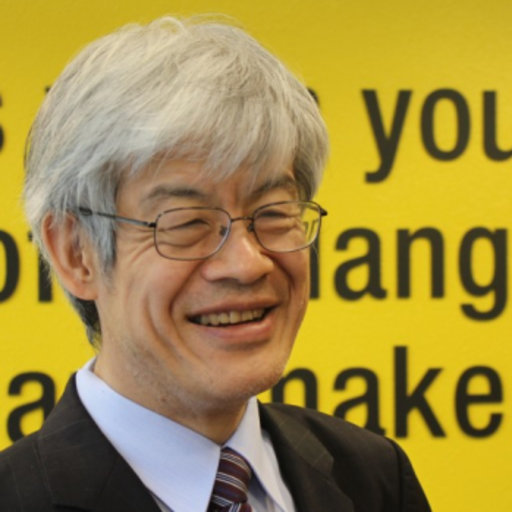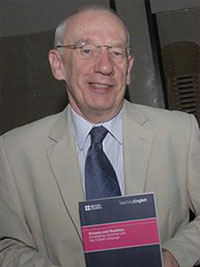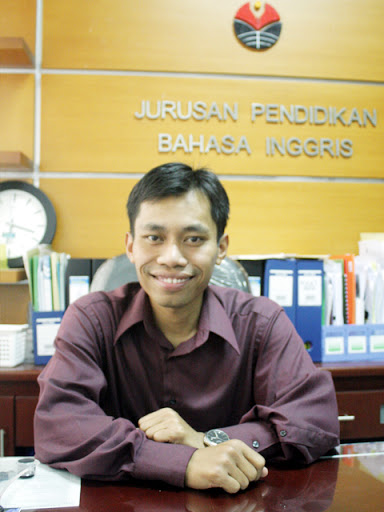Multilinguality in Applied Linguistics: Enhancing Cross-Cultural Collaboration in Teaching and Research.
Assalamu’alaikum Wr. Wbr.
Warmest greetings!
First off, I’d like to express my most sincere appreciation and gratitude to the keynote and featured speakers for making their time and contribution to addressing the theme of multilinguality and cross-cultural collaboration potentials we should continue to promote. To the presenters and participants, I welcome you all to the 13th Conaplin and deeply appreciate your participation despite the odds of having the conference held amid the Covid-19 pandemic.
In the world where multilingualism is a norm rather than an exception, the teaching and research of multilinguality in the Applied Linguistics has only recently gained traction as a critique to the monolingual approach and ideologies. Although the inextricable nature of language and culture has been long realized, productive and critical discussions around multilingual and cross-cultural awareness, education, and practice in collaborative teaching and research especially in the societies with the most diverse manifestation of multilingualism and cultural pluralism such as Indonesia and neighboring countries need to be further encouraged. Moreover, in the 21st century, the multifaceted approach to literacy learning must accommodate the critical awareness of the multilingual and multicultural perspectives to combat the narrow, one-sided, and biased stereotypes which perpetuate discrimination and incorrect assumptions among individuals and groups within multicultural societies. That’s being said, the importance of addressing the issues of multilinguality and cross-cultural awareness in our reaching and research cannot be emphasized enough.
These concerns are reflected in this year’s 13th Conaplin theme, which welcomes new, productive, and critical insights that contribute to our better and more comprehensive understanding and practice with regard to the critical importance of building and expanding cross-cultural collaboration infused with multilinguality and other related approaches. The scopes offered in this conference are broad enough to accommodate the various areas to enlighten and motivate further dialogues and discussion among researchers, teachers, policymakers, and other stakeholders to entertain the specific aspects of multilinguality and cross-cultural issues in the presenters and participants’ teaching and research contexts.
It is with great hope that we shall have an intimate and warm discussion and sharing during the conference held on 23 -24 November 2020 that would actually create new bridges and strengthen the old ones to foster greater awareness toward true appreciation of our multilingual and multicultural world.
Please stay well and healthy!
Best regards,
Yanty Wirza, Ph. D
13th Conaplin – Chair.




